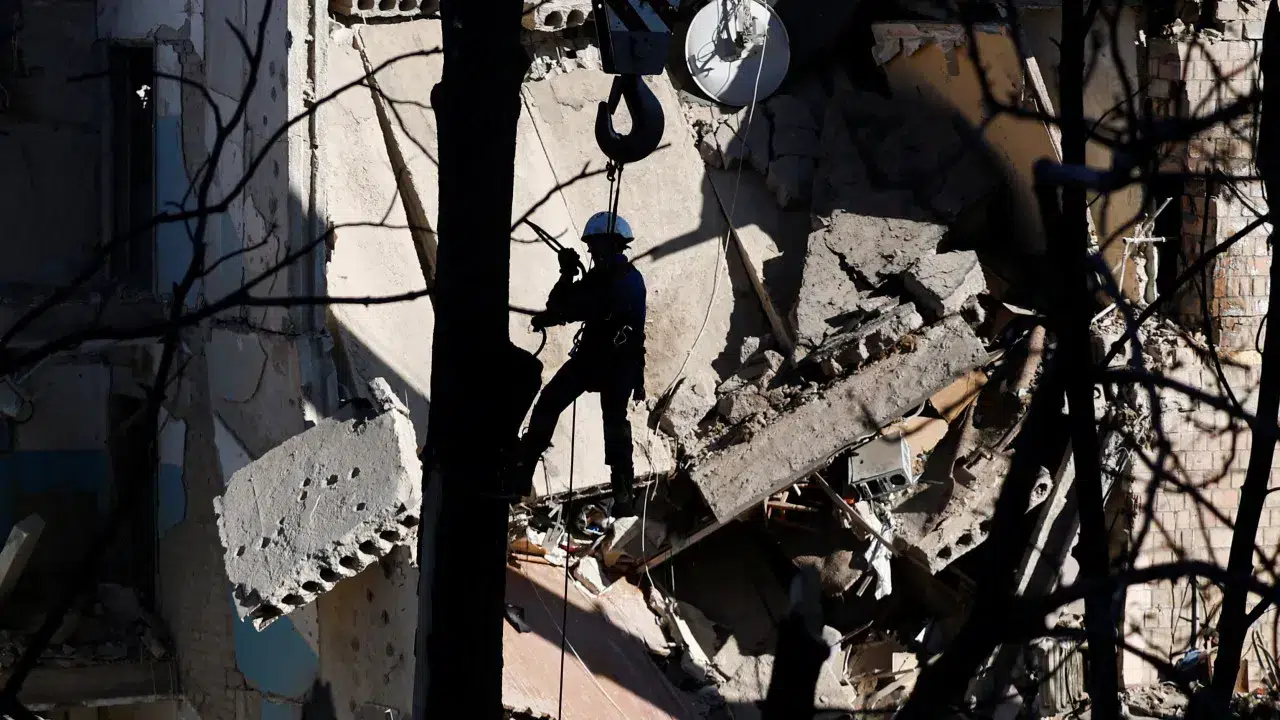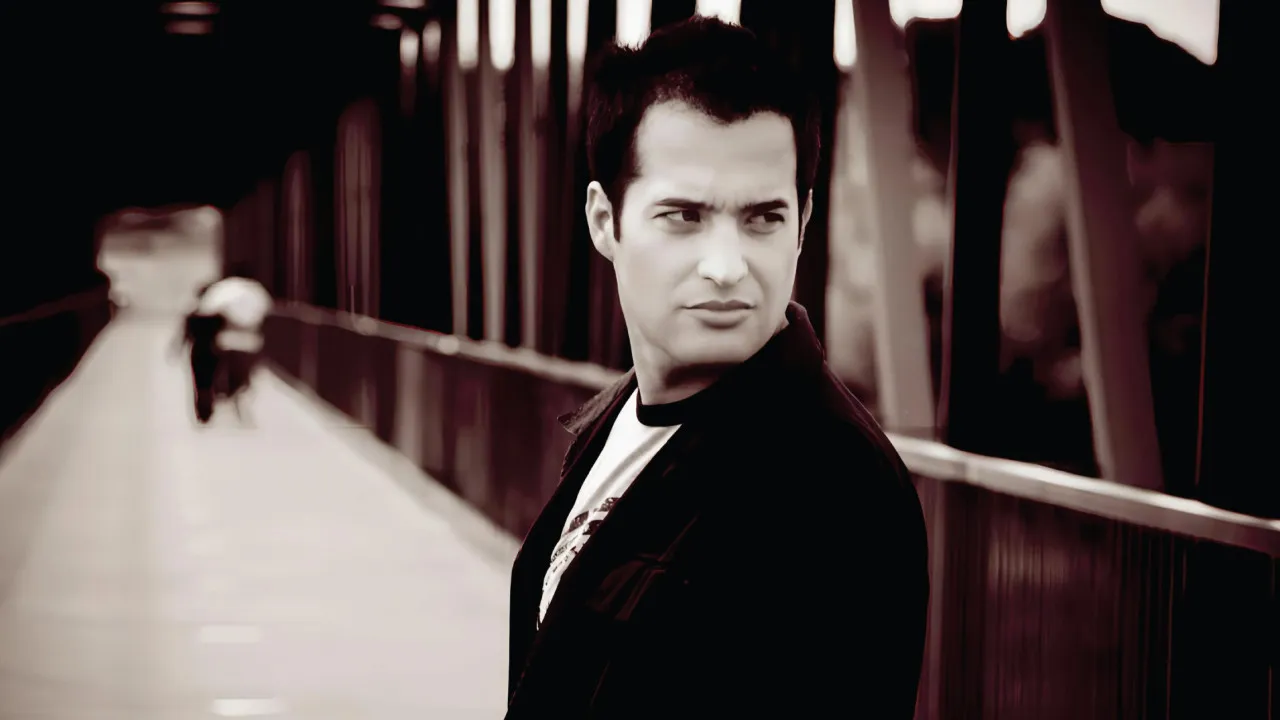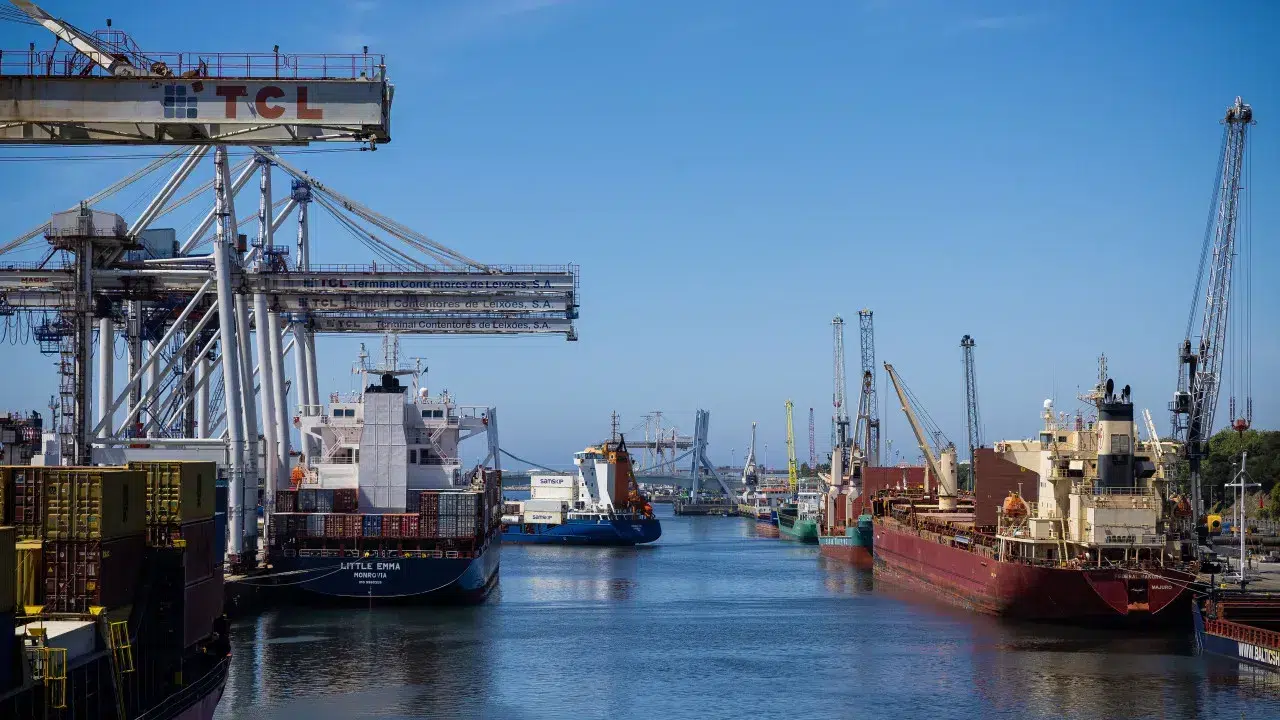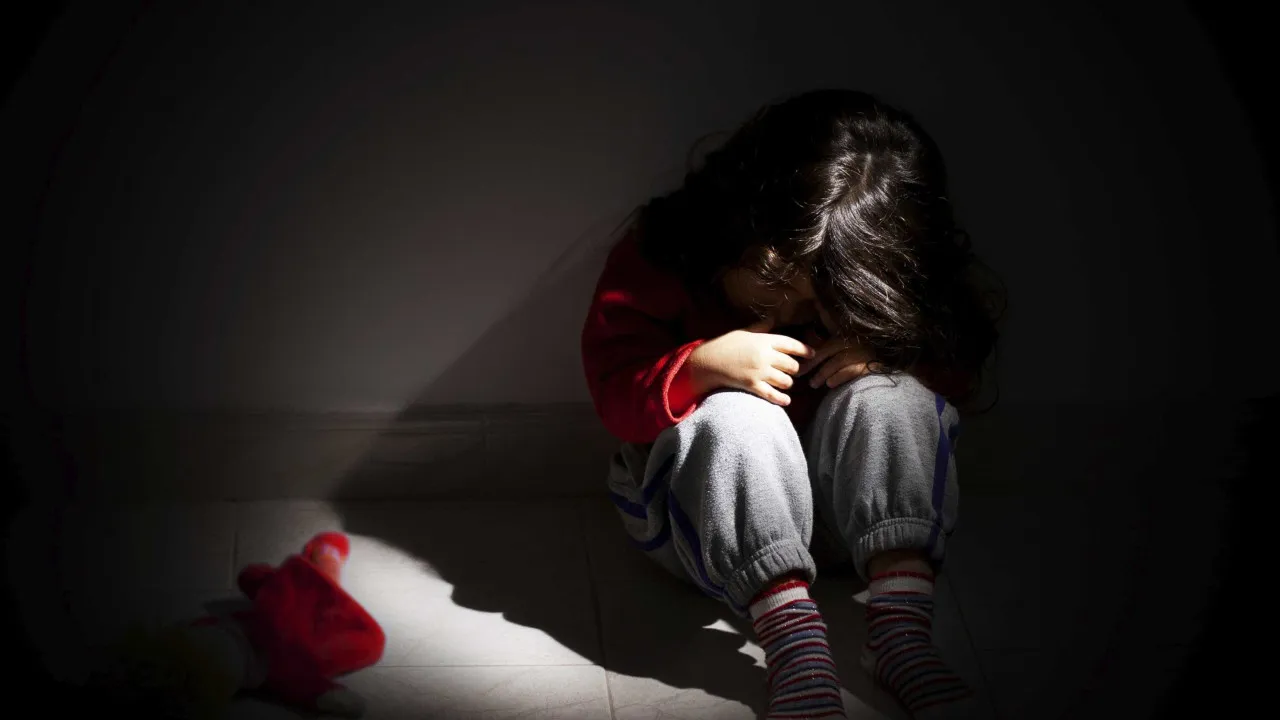
“The message that Portugal brings is very simple – it is one of great support. Support for Ukraine’s aspirations to join the European Union [EU], support for peace, support for reconstruction. Portugal will do everything possible to help achieve these objectives,” stated Inês Domingos, Secretary of State for European Affairs, in Rome, who is representing Portugal at the conference.
Starting by “highlighting the importance of this conference, as it is a strong signal of commitment from various countries” in supporting Ukraine, Inês Domingos emphasized that it’s not just the future reconstruction of the country, devastated by a Russian aggression ongoing for nearly three and a half years, but also efforts towards “peace and prosperity in Ukraine” as “an element of security for the entire region,” as well as the EU accession process.
Regarding Portugal, the official affirmed that the country has “made a significant contribution,” recalling the cooperation agreement signed between Prime Minister Luís Montenegro and Ukrainian President Volodymyr Zelensky during his visit to Portugal last year, as well as participation “in EU-level initiatives in terms of financial, military, and humanitarian support.”
“I also mentioned here at this conference the issues related to education, childhood, and youth,” she said.
“Portugal naturally has a great concern with the humanitarian situation in general,” but particularly “with the situation of children living in this very difficult war scenario,” she commented.
“I referred to Portugal’s participation and commitment with the Olena Zelenska Foundation, particularly concerning the ‘Superhero Schools,’ where Portugal has pledged to support the creation of two educational centers in hospitals, but also in the way Portugal welcomes Ukrainian citizens and, specifically, how children are integrated into schools in Portugal,” she continued.
Among examples of Portugal’s commitment to supporting Ukraine initiatives, she recalled national participation in several international coalitions to support Ukraine, efforts to facilitate the return of kidnapped children, sending aid through the civil protection mechanism also providing support to Ukraine, and participating in ongoing efforts to create a special court to judge the crime of Russian aggression against Ukraine.
After European Council President António Costa argued today at the Rome conference that “Russia must be held accountable for the devastation it caused” and “take responsibility for rebuilding what it sought to destroy,” Inês Domingos asserted that Portugal has supported and will continue to support all efforts in this direction.
“In the initiatives that we know and that exist to ensure that Russia is held accountable for what it is doing, Portugal has always been an active and participatory member of these initiatives,” she said.
Rome is hosting, from today until Friday, the fourth edition of the Conference on Ukraine Recovery, co-chaired by Italian Prime Minister Giorgia Meloni and Ukrainian President Volodymyr Zelensky, with over 3,500 participants, including several heads of state and government, dozens of national delegations, and hundreds of representatives from financial institutions, companies, regional and municipal authorities, civil society, and the Ukrainian diaspora.
In the opening address, Zelensky argued that the “escalation of terror by Russia” demonstrates that Russian President Vladimir Putin does not want peace. Hence, he called for “an acceleration” of aid from Kyiv’s allies and the imposition of sanctions on Moscow.
European Commission President Ursula von der Leyen announced the creation of a European fund that will use public money to attract private investments for Ukraine’s reconstruction, aiming to mobilize 500 million euros by 2026.
In her opening remarks, the Italian Prime Minister announced that pledges of aid for Ukraine’s reconstruction could reach 10 billion euros, referring to commitments to be made at this fourth Conference on the country’s Recovery, following those celebrated in Lugano (Switzerland), months after the aggression began, in London (2023), and Berlin (2024).




